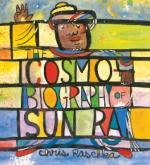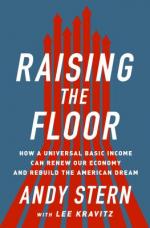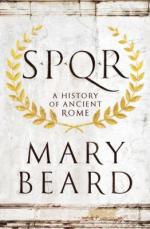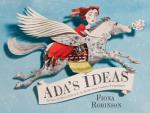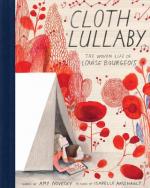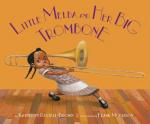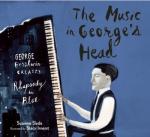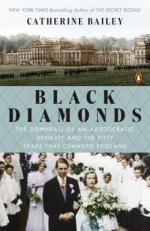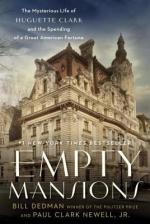March is Music in our Schools Month. Music makers come from all cultures and backgrounds, and sometimes the music we enjoy the most comes from surprising sources. Check out some of the musicians and composers featured below. When possible, links to their music are also listed.
A one-hundredth birthday tribute to the late jazz artist explores his observations about humanity's discriminatory and violent behaviors as well as his efforts to forge world peace through music with the Sun Ra Arkestra.
Listen: The Futuristic Sounds of Sun Ra
Describes how Juan García Esquivel, a Mexican composer popular in the 1950s and 1960s, developed his experimental style of music, based on mariachi and other Mexican music, jazz, the human voice, and the use of unusual instruments.
Listen: Nuevo (featuring Jean Garcia Esquivel)
